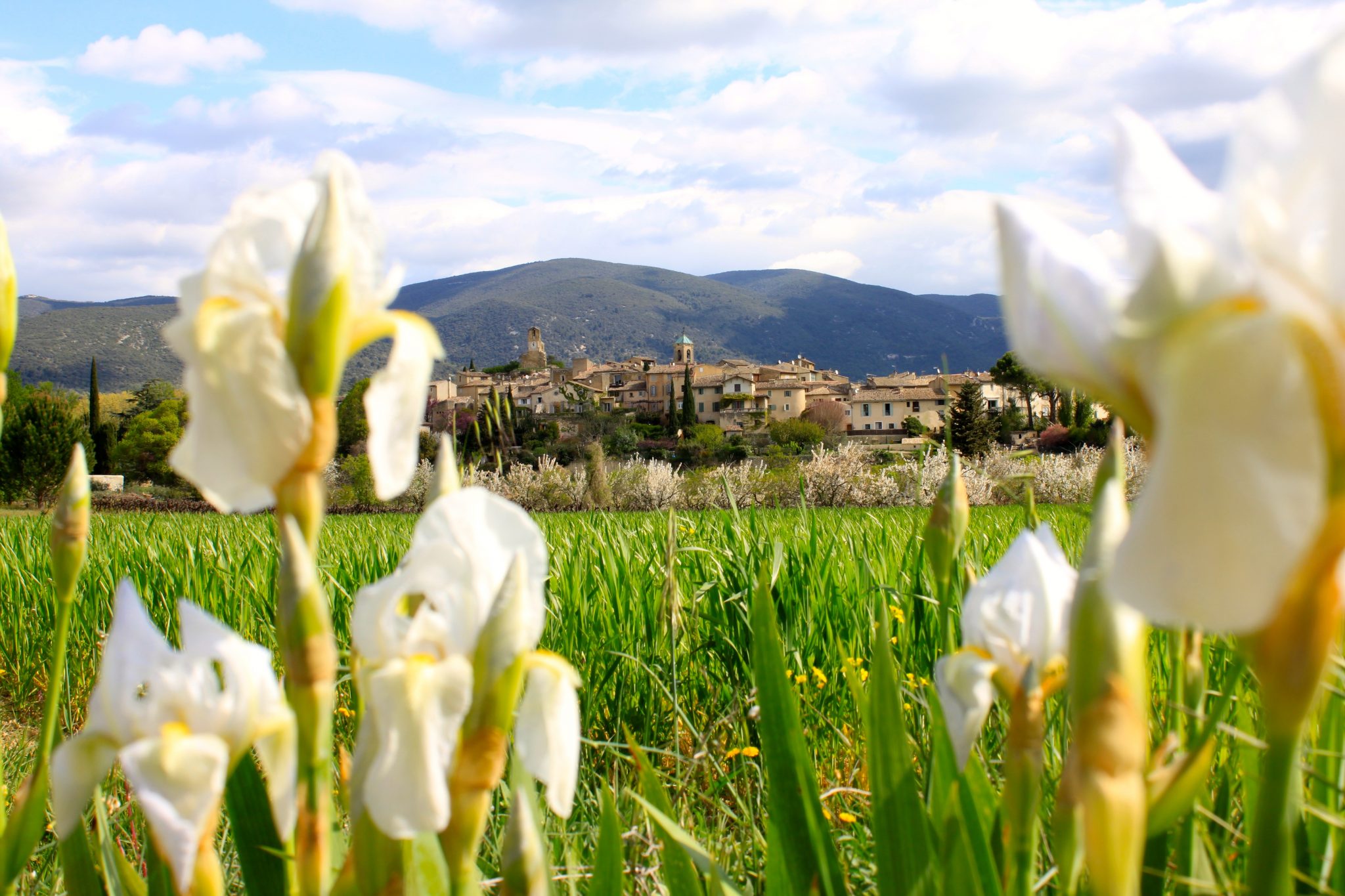Henri Bosco was an acclaimed French writer. He frequently stayed in Lourmarin where, in 1947, he had acquired a bastidon isolated in the hills, a place of silence, daydreams and meditation.
He described the unparalleled splendour of the Luberon in his books. Every scene of life, every place he described, came alive with his pen. He wrote: “This country so grave and religious, but whose gravity is like wisdom … it is a landscape that knows, a landscape where the deep laws of life are reflected, where the stripping of bare summits draws the outline of the great elementary rhythms.”
From 1947, he was administrator of the Laurent-Vibert Foundation and gave much of his time and efforts to the brilliant intellectual, literary and artistic activity of this place that was so dear to him. He also participated in the restoration of the Château de Lourmarin, which would become a cultural icon in for the village.
Early life
He was born in Avignon, Vaucluse into a family of Provençal, Ligurian and Piedmontese origin. The Italian side of the family came from Cipressa, above San Remo, and had settled in Marseille between 1837 and 1847. Henri’s father, Louis Bosco, was a stone-cutter before becoming a highly talented opera singer. Through his father, he was related to Saint John Bosco, of whom he wrote a biography.

Henri Bosco (1888 – 1976)
He spent his childhood and youth just a few kilometres from Avignon, in the then rural neighbourhood of Monclar. He studied classics at the Lycée d’Avignon, and music at the Conservatory in Avignon. His university studies in Grenoble led to the successful completion of the Italian agrégation in 1912. He went on to teach classics in Algeria.
During the First World War, Bosco fought in the Armée de l’Orient (in Macedonia, Serbia and Albania). He was injured in 1915 and discharged in 1919. From 1920 to 1930, he was seconded by the Institut Français de Naples. This period was very important in both intellectual and literary terms. He published his first book, Pierre Lampédouze, in 1924.
From 1930 he taught French and Italian in Bourg-en-Bresse, until he moved to Rabat, Morocco a year later, where he taught classics at the Lycée Gouraud (Hassan II). He was president of the Alliance Française in Morocco. In 1936 he founded the journal “Aguedal”, that he edited until 1945.
He contributed actively to intellectual life both in North Africa and in France. The influence of friends and the experience of war and defeat led Bosco to embark on spiritual quest and saw him write several original works, starting with L’Ane Culotte (1937).
His writing
His novels for adults and children provide a sensitive evocation of Provençal life. He was awarded the Prix Renaudot for his novel Le Mas Théotime (The Farm Théotime) in 1945, the same year that he retired. After that he devoted himself to his literary career and published novels that attracted considerable attention. These include Le Jardin d’Hyacinthe, Malicroix and Un Rameau de la Nuit.
He was later nominated for the Nobel Prize in Literature four times. Other awards he received were the Prix des Ambassadeurs in 1949, the Grand prix national des Lettres in 1953, the Prix de l’Académie de Vaucluse in 1966, the Grand prix de la Mediterranée in 1967, and the Grand prix de l’Académie française in 1968.

Henri Bosco’s grave in Lourmarin
He left Morocco in 1955, after spending 24 of the richest and most prolific years of his life there. He travelled extensively giving lectures, and continued to expand his work. Several of his novels have been translated into multiple languages around the world and some have been adapted for television.
He settled on the hill of Cimiez in Nice, in an old Provençal mas (La Maison Rose) which soon became a Mecca of friendship and spiritual life. They divided their time between here and Lourmarin, where he bought a farmhouse (La Bastide).
Henri Bosco died in Nice in 1976, in his eighty-seventh year. He lies buried at the cemetery of Lourmarin, according to his wishes. His wife Madeleine was buried next to him when she passed away in 1985.
“There is nothing like silence to suggest a sense of unlimited space. Sounds lend colour to space, and confer a sort of sound body upon it. But absence of sound leaves it quite pure and , in the silence, we are seized with the sensation of something vast and deep and boundless.” – from Malicroix by Henri Bosco

